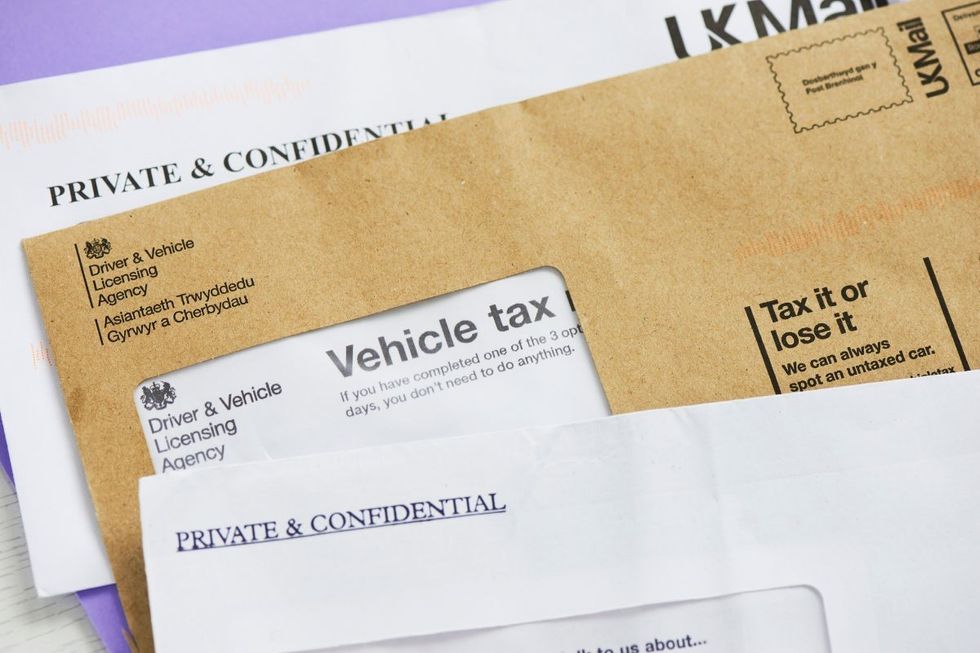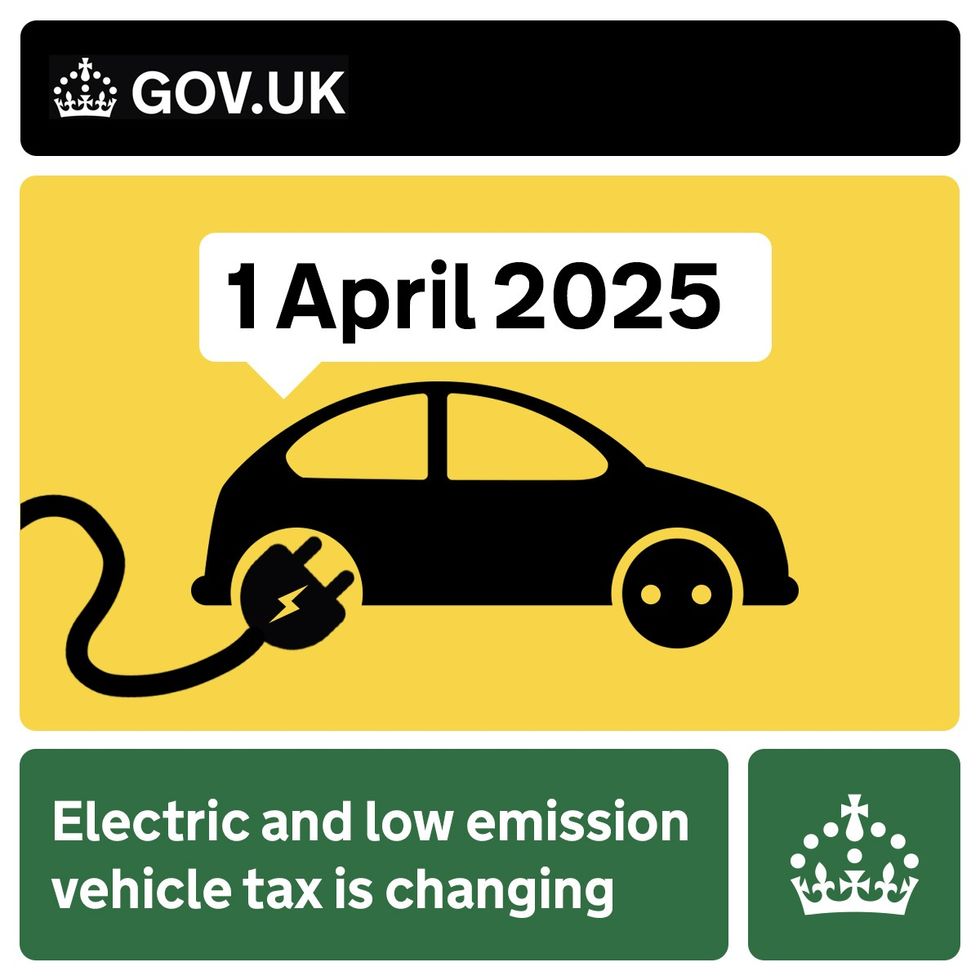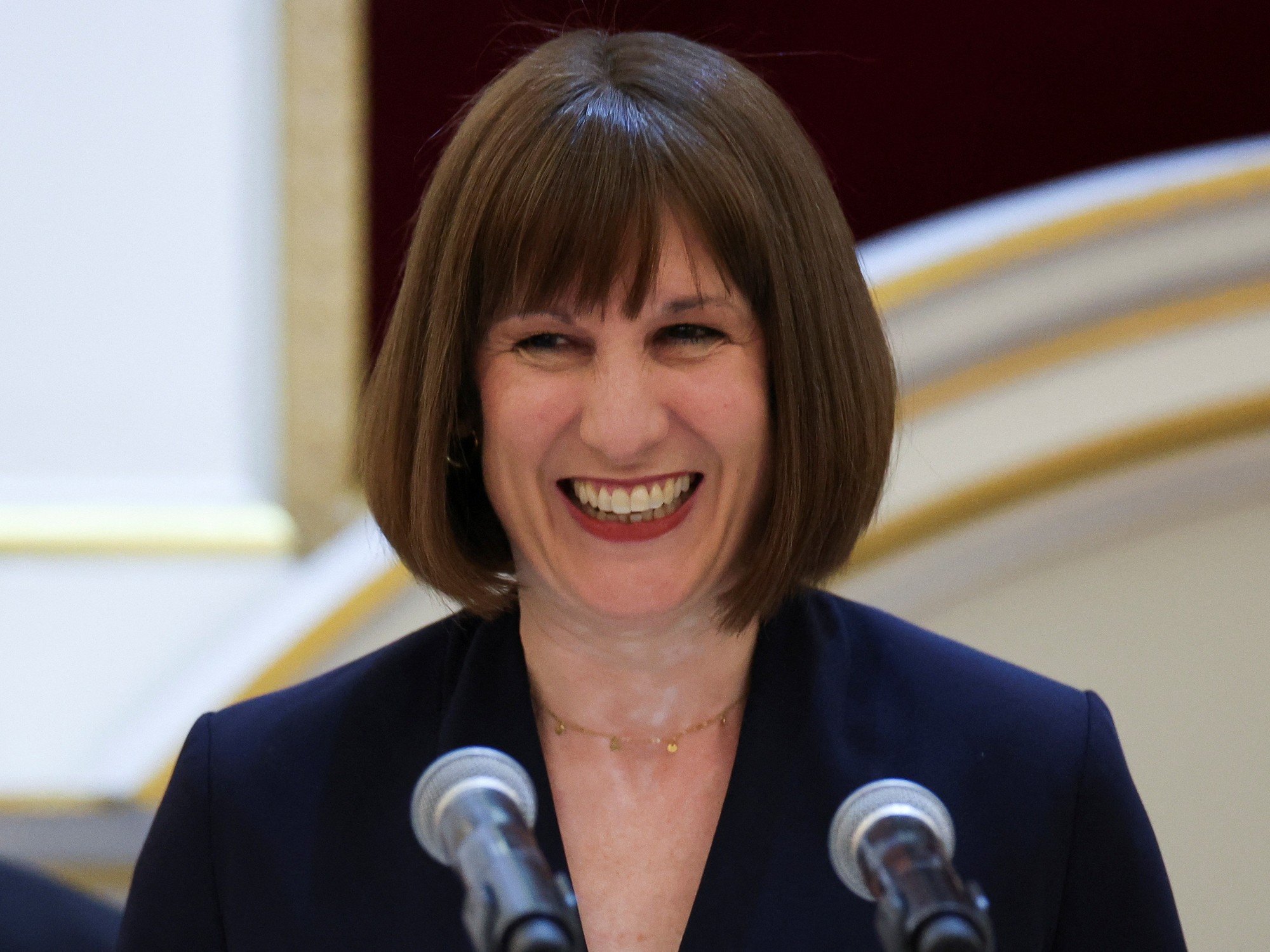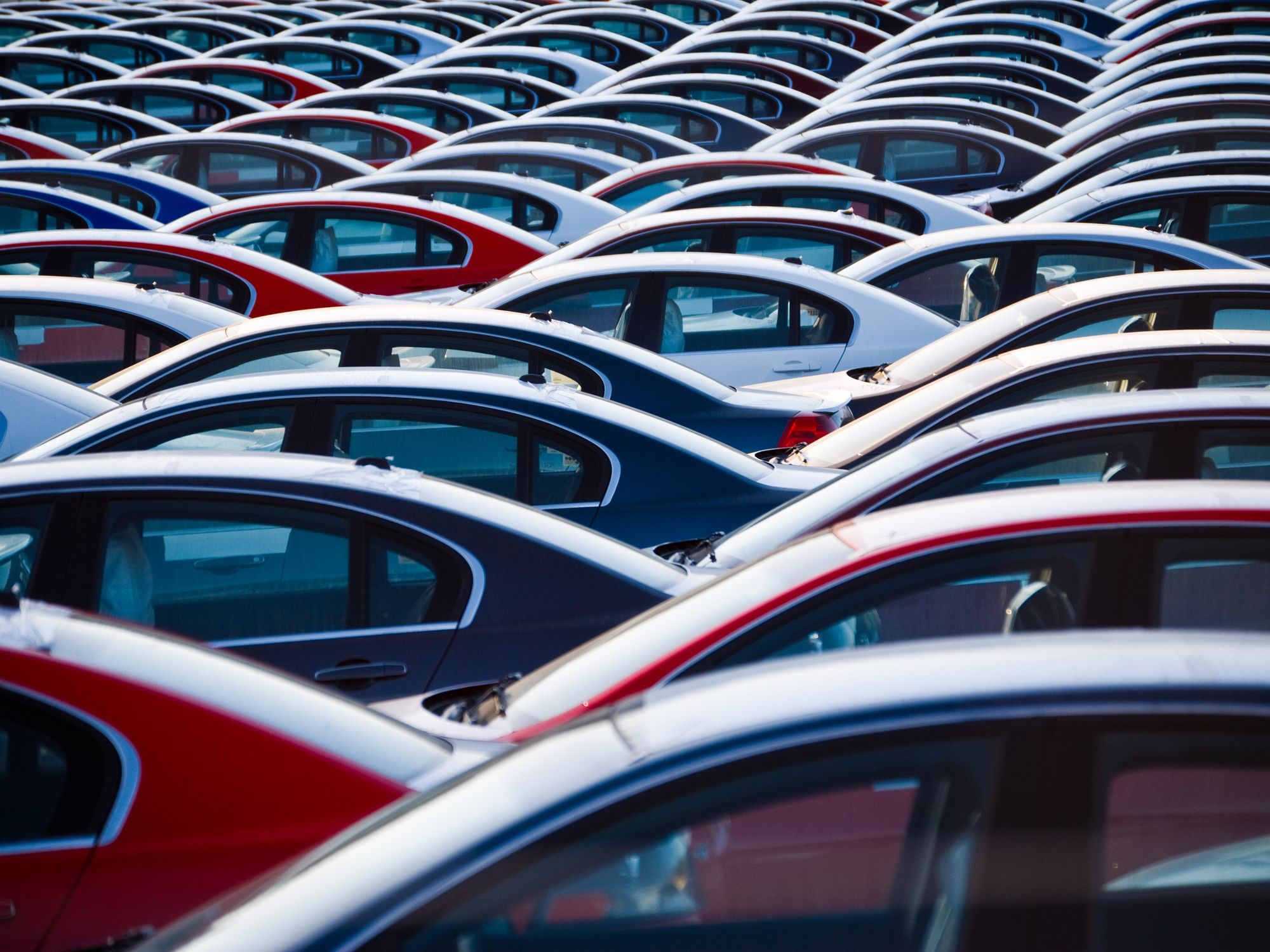New car tax changes launching within months will see drivers pay more as DVLA issues urgent warning
WATCH: Rachel Reeves unveils new car tax changes for April 2025
Electric car owners will have to start paying Vehicle Excise Duty from April 2025
Don't Miss
Most Read
Trending on GB News
The DVLA is reminding drivers to ensure they are familiar with new car tax changes which are set to launch in the coming months and could see drivers pay more.
Taking to social media, the Driver and Vehicle Licensing Agency (DVLA) outlined that car tax rates would be changing for electric and low emission vehicles from April 1, 2025.
Electric, zero or low emission cars registered on or after April 1, 2025, drivers will need to pay the lowest first year rate of vehicle tax set at £10.
From the second payment onwards, they will pay the standard rate which is currently £195. This could still change before the new financial year next April.
Do you have a story you'd like to share? Get in touch by emailingmotoring@gbnews.uk

The new car tax changes were first announced in the 2022 Autumn Budget by former Chancellor Jeremy Hunt
GETTY
Electric, zero or low emission cars registered between April 1, 2017, and March 31, 2025, will pay the standard rate of £195.
Any vehicles in this category registered between March 1, 2001, and March 31, 2017, will move to the first band that has a VED value, which is currently £20.
It follows an announcement under the previous Conservative Government outlined by former Chancellor Jeremy Hunt during the 2022 Autumn Statement. He said: "The tax system should continue to adapt to reflect consumer behaviour.
"Reflecting the success of the transition to electric vehicles, the Government will therefore introduce Vehicle Excise Duty on electric cars, vans and motorcycles from April 2025.
"This will ensure that all motorists begin to pay a fairer tax contribution."
The Budget documents outlined how new zero emission vehicles registered on or after April 1, 2025, will be liable to pay the lowest first year rate of Vehicle Excise Duty.
In the most recent Budget, led by Labour Chancellor Rachel Reeves, the Government outlined that it would "strengthen incentives" to widen the gap between EVs and internal combustion engine cars.
As part of this, zero emission cars will pay the lowest first year rate at £10 until 2029-30, while vehicles emitting over 76g/km of CO2 will see rates double.
In some instances for the most polluting vehicles, drivers could be slapped with costs of £5,490 for those with vehicles that emit over 255g/km of CO2.
Despite calls to amend the terms, the Government confirmed that it would not be changing anything relating to the VED Expensive Car Supplement, which has a "disproportionate impact".
Any vehicles with a list price of more than £40,000 are required to pay an additional surcharge of £410 for the first five years of ownership.
While the Government acknowledged the potential impact it could have on those purchasing EVs, the Government will only consider raising the threshold "at a future fiscal event".
LATEST DEVELOPMENTS:

The DVLA has continually reminded drivers on social media of the incoming changes
X
From April 1, 2025, the Government will uprate standard VED rates for cars, vans and motorcycles, excluding first year rates for cars, in line with the Retail Price Index (RPI).
The Budget highlighted how the VED rates for HGVs will also rise in line with RPI, as well as the HGV Levy.








